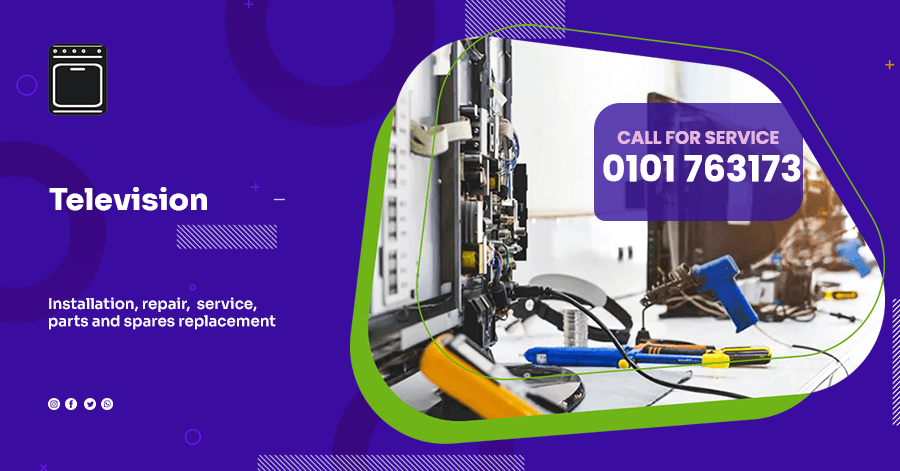Television Poor Signal Reception? Reasons and Solutions
Poor television signal reception can transform your viewing experience from enjoyable to frustrating in an instant. Whether you’re dealing with pixelated images, frozen screens, or complete signal loss, understanding the root causes can help you restore crystal-clear reception.
Common Causes of Poor Signal Reception
Weather Interference Atmospheric conditions significantly impact signal quality. Heavy rain, snow, and high winds can disrupt the signal path between broadcasting towers and your antenna. Temperature inversions and high-pressure systems can also cause signals to bend or scatter unexpectedly.
Antenna Issues Your antenna’s condition and positioning play crucial roles in reception quality. Loose connections, corroded cables, or damaged antenna elements can severely degrade signal strength. Additionally, antennas pointed in the wrong direction or obstructed by new construction may struggle to capture signals effectively.
Geographic Obstacles Mountains, tall buildings, and dense forests can block or reflect television signals, creating dead zones or multipath interference. Urban areas often experience signal bounce from multiple structures, while rural locations may simply be too far from broadcast towers.
Electronic Interference Modern households contain numerous devices that can interfere with television signals. LED lights, Wi-Fi routers, cell phones, and even microwave ovens can generate electromagnetic interference that disrupts reception.
Practical Solutions
Antenna Adjustment and Maintenance Start by inspecting your antenna system for visible damage, loose connections, or corrosion. Ensure all cables are securely connected and consider replacing old coaxial cables. Use a signal meter or your TV’s signal strength indicator to optimize antenna positioning for the strongest signal.
Signal Amplification If you’re receiving weak signals, a signal amplifier or booster can help strengthen the incoming signal. However, be cautious not to over-amplify, as this can introduce noise and distortion. Choose amplifiers designed for your specific frequency range and signal conditions.
Eliminate Interference Sources Identify and relocate electronic devices that may be causing interference. Keep routers, cell phones, and other wireless devices away from your antenna and TV equipment. Consider using shielded cables in areas with high electromagnetic interference.
Professional Assessment For persistent problems, consult a professional antenna installer or technician. They can perform detailed signal analysis, recommend appropriate equipment upgrades, and ensure your system is optimized for your specific location and viewing needs.
Prevention Tips
Regular maintenance prevents many reception problems before they occur. Periodically check antenna connections, replace weathered cables, and trim vegetation that might obstruct signal paths. During severe weather, avoid adjusting outdoor equipment until conditions improve.
Understanding these common causes and solutions empowers you to troubleshoot reception issues effectively and enjoy uninterrupted television viewing.
